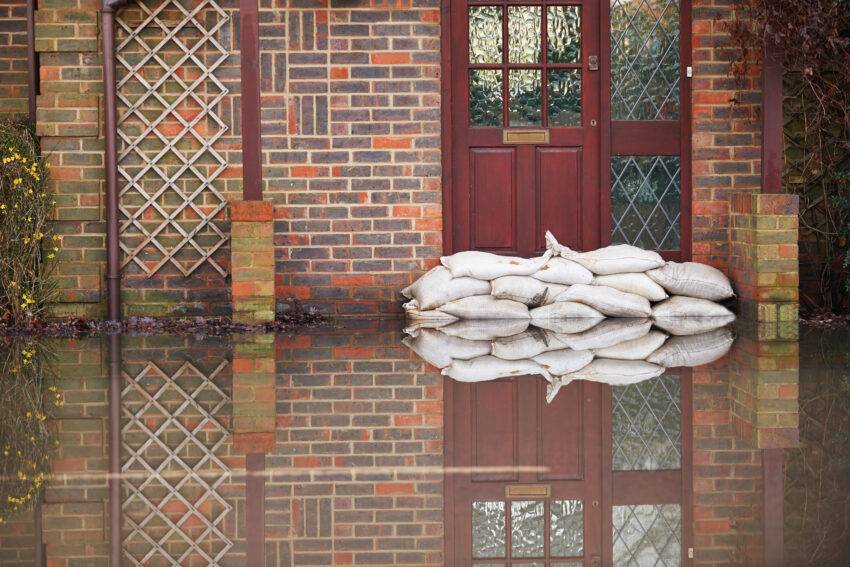It’s often a challenge working in the insurance industry, because we essentially provide a product that customers don’t actually want to use. No-one wants their pet to become sick, or their house to suffer a flood or burglary, or their business to experience a cyber-attack.
But it’s the potentially devastating physical impact these events can have, along with their financial implications, which mean we turn to insurance to provide protection against the many risks that life presents.
Whilst there are many, many different types and size of business in the UK, most will have the ability to purchase similar types of commercial insurance cover, for example Material Damage, Business Interruption, Employers and Public Liability and so on. But their route to those products may differ.
For many years the insurance market could only be accessed via brokers, then insurance providers looked to remove the ‘middleman’ by offering their products directly to the customer/insured. When Direct Line launched in 1985, it became the country’s first direct car insurance provider (although it has since expanded into other product lines).
The reason why the Direct Line model was successful, and then copied by many others, was that the car insurance selection and purchase process is reasonably straightforward. The insurer will ask the insured plenty of questions to gather the information they need to provide a quotation, but the quotation has limited moving parts – in the main it’s the level of cover (comprehensive, third party etc), the size of the policy excess, and sometimes additional bolt-on covers are offered such as Legal Expenses. Usually, it’s fairly easy to distinguish between the various elements and decide which combination is best suited to your requirements.
When purchasing car insurance, note how it’s you the customer that’s deciding on the options and making the selection rather than the insurer recommending one for you.
When first searching for suitable business insurance, it would be logical to again look to approach insurers direct. But think about how much more complicated your business is than your car.
Some insurers will provide quotations on a ‘statement of fact’ basis. This means the insurer will provide you with a quotation on the assumption that you comply with a statement of what your business profile does or does not have. For example, it may advise that you agree to have an alarm in place, or that all goods are kept inside locked premises, or that you don’t have any exports to North America.
Whilst this makes it easier to obtain the insurance you require, the challenge when it comes to trying to make a claim is of course that “the devil is in the detail”. If you misinterpret one of the statements or fail to notify the insurer that you have broken one of the statements (for example by starting exports to North America), then this could result in the claim being declined. Furthermore, if you are proven to have non-disclosed recklessly, then the entire insurance policy could be cancelled, and the premium retained by the insurer.
Engaging an insurance broker can therefore really add value. The broker will assist you by presenting your risk to insurers and ensuring that every salient point is disclosed, either via creating a detailed presentation for insurers to quote against, or by carefully reviewing the statement of fact with you to ensure you are able to remain fully compliant.
A good broker will also keep in touch with you throughout the year. For example, if you’ve mentioned to your broker that you plan to start North American exports in the second half of the policy year, you should expect them to contact you before the mid-year point to check whether this has started and to assess if your insurance cover needs to be adapted.
In these economically challenging times, businesses might perhaps view an insurance broker as an unnecessary cost, and instead try and research insurance options themselves and hopefully remember to inform their insurer every time something changes within the business.
However, there’s another key aspect of the service an insurance broker provides…..advice. Although I’ve worked in insurance for nearly 20 years, like many, my first encounter with insurance was for my first car, a rather old but much-loved Nissan Micra. I chose third party only cover with a direct insurer for my first motor policy, which was appropriate at the time given the insurance cost more than the car. But if I had continued to renew that insurance policy each year, remembering to advise the insurer each time I changed cars, the insurer would continue to provide third party only cover which would be completely inappropriate for my current leased 2023-registered and much higher value family car.
Legally, the insurer is not able to offer me advice about the most appropriate cover for my needs. However, if I was using an insurance broker, they would have advised me that my personal vehicle risk had increased dramatically, and I should therefore consider moving to fully comprehensive cover.
This is of course an overly simplistic example, but the same principle could very easily be applied to business insurance, where it might continue to be renewed every year on the same basis without considering the increased or different risks the business may face. A good insurance broker will advise the operators of a business about all the pertinent and developing risks facing that business.
My final point to highlight the positive impact a broker can have on an insurance placement, is what happens when you call upon the insurer to pay a claim. In a direct arrangement, if an insurer declines a claim, then it’s essentially you against the insurer, which doesn’t really feel like a fair fight. But by bringing an experienced broker into the arrangement, you add an insurance professional to your team, which very much evens up the odds in my opinion.


